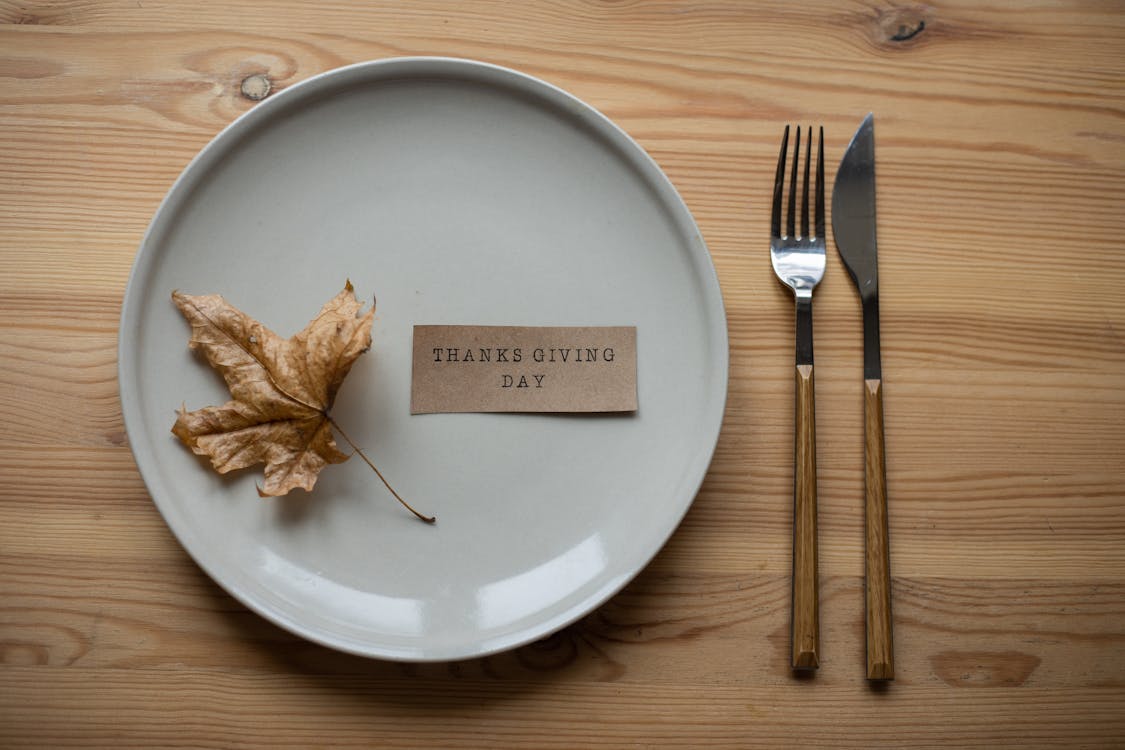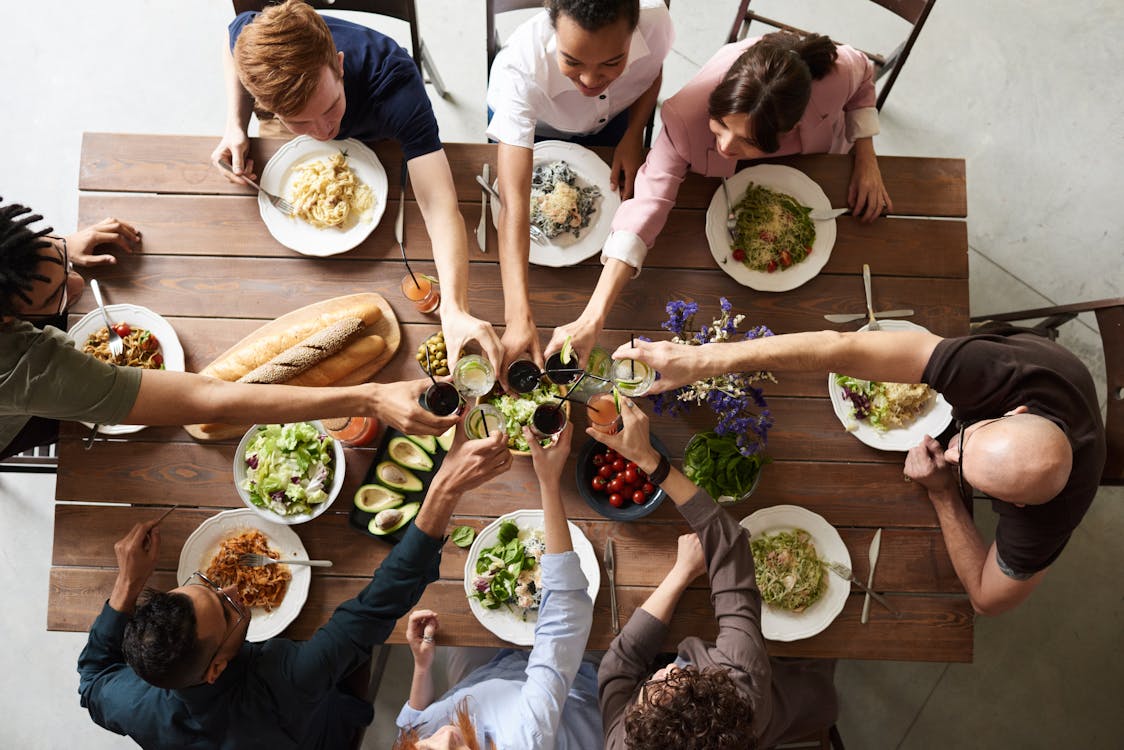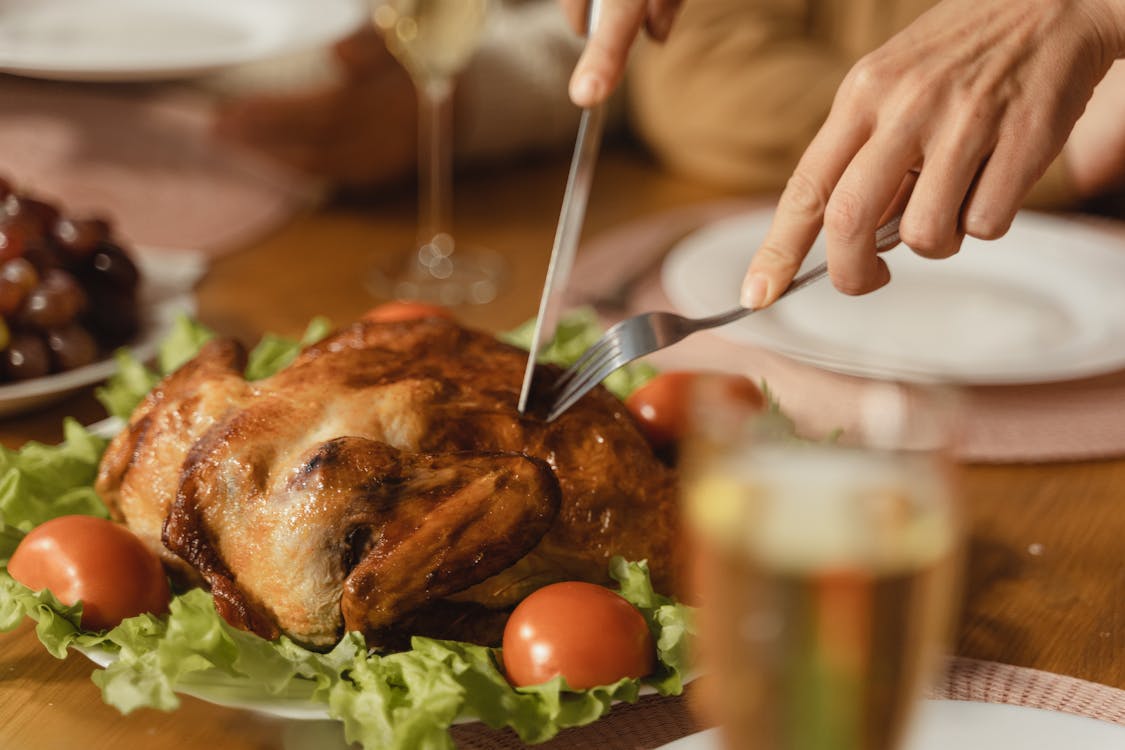Thanksgiving is one of the most beloved holidays in the United States, marked by feasts, family gatherings, and expressions of gratitude. This yearly event, which takes place on the fourth Thursday of November, dates back to 1621 when Native Americans and Pilgrims gathered to eat together following a bountiful harvest.

Modern Thanksgiving is celebrated by family gatherings, large meals, and expressions of gratitude for life’s blessings. It’s also linked to football games, parades, and the beginning of the holiday shopping season in the US.
Thanksgiving in the Philippines
What does Thanksgiving mean for a country like the Philippines, where it is not a recognized holiday? Thanksgiving was introduced to the Philippines by the Americans during their occupation. Filipinos celebrated Thanksgiving as a national holiday, as declared by former President Quezon. This changed when former President Marcos declared martial law on September 21, 1972.
A Shared Love for Food and Family

Filipinos and Americans share a mutual love for large, family-centered celebrations. Thanksgiving provides another chance to get loved ones together around the dining table, even though we have our noche buena at Christmas and feasts at town fiestas. Filipinos are masters of adaptation, so even if turkey isn’t a staple here, lechon, roasted chicken, or even a substantial kare-kare could easily take its place as the feast’s main course.
Furthermore, any justification for including additional desserts in the buffet, such as bibingka or ube cheesecake, is usually appreciated.
Gratitude: A Universal Value
The essence of Thanksgiving aligns seamlessly with Filipino culture. Pasasalamat, or gratitude, is a fundamental part of our culture. Similarly, some areas commemorate harvests and blessings with celebrations. Embracing the spirit of Thanksgiving offers us yet another chance to consider the people, events, and even difficulties for which we are thankful.
What’s Thanksgiving for the Philippines?
Thanksgiving isn’t celebrated here officially, but Filipinos can benefit from its growing popularity in some ways:
1. Strengthening Relations with our OFW family members
Thanksgiving is a cultural bridge for the millions of Filipinos who reside and work in the United States, Canada, and countries that celebrate Thanksgiving. With millions of Filipinos living abroad, many in the U.S. and Canada, this celebration offers a way to bridge cultural gaps. Families can join in the celebration to connect with loved ones overseas. It’s a chance to share customs and maintain relationships with loved ones who live overseas.
2. Economic Opportunities
Thanksgiving’s influence has spurred business opportunities in the Philippines. Some restaurants now offer Thanksgiving-themed menus, and hotels and resorts host Thanksgiving dinners, allowing Filipinos to experience the festivities firsthand.

3. A Brand-New Holiday
Why only wait until Christmas to offer blessings and joy? This celebration gives Filipinos an early taste of the holiday mood by serving as a prelude to the festive season. It’s another reason to celebrate life’s blessings, get back in touch with old acquaintances, and bring out the handa.
A Filipino Celebration
If Thanksgiving became a full-fledged event in the Philippines, it would probably resemble a fiesta with a distinctive twist. Imagine an adobo, pancit, and kakanin-laden table with gravy and mashed potatoes. In place of American football, families may get together for karaoke, fun party games, or a game of sports. Though the taste would be uniquely Filipino, the appreciation would not change.
The Real Significance
In the end, Thanksgiving is about thankfulness and community, not about the turkey or the football. It may not be observed officially in the Philippines, but the Filipino mentality strongly identifies with its ideals. Pasasalamat and Bayanihan are, after all, a part of who we are.
Thanksgiving serves as a reminder that no matter where we are in the globe, we always have something to be grateful for, whether we are eating turkey in the United States or lechon in Manila.
How would you celebrate this day of appreciation and gratitude in the Filipino way?




